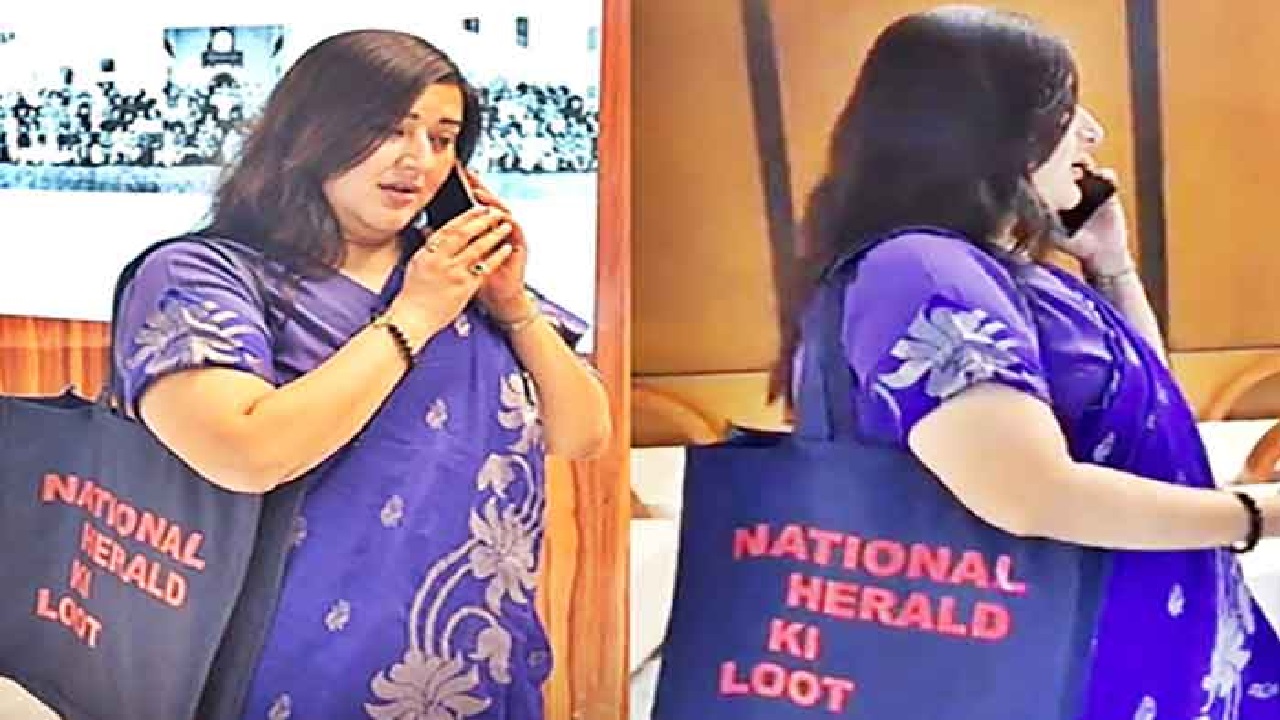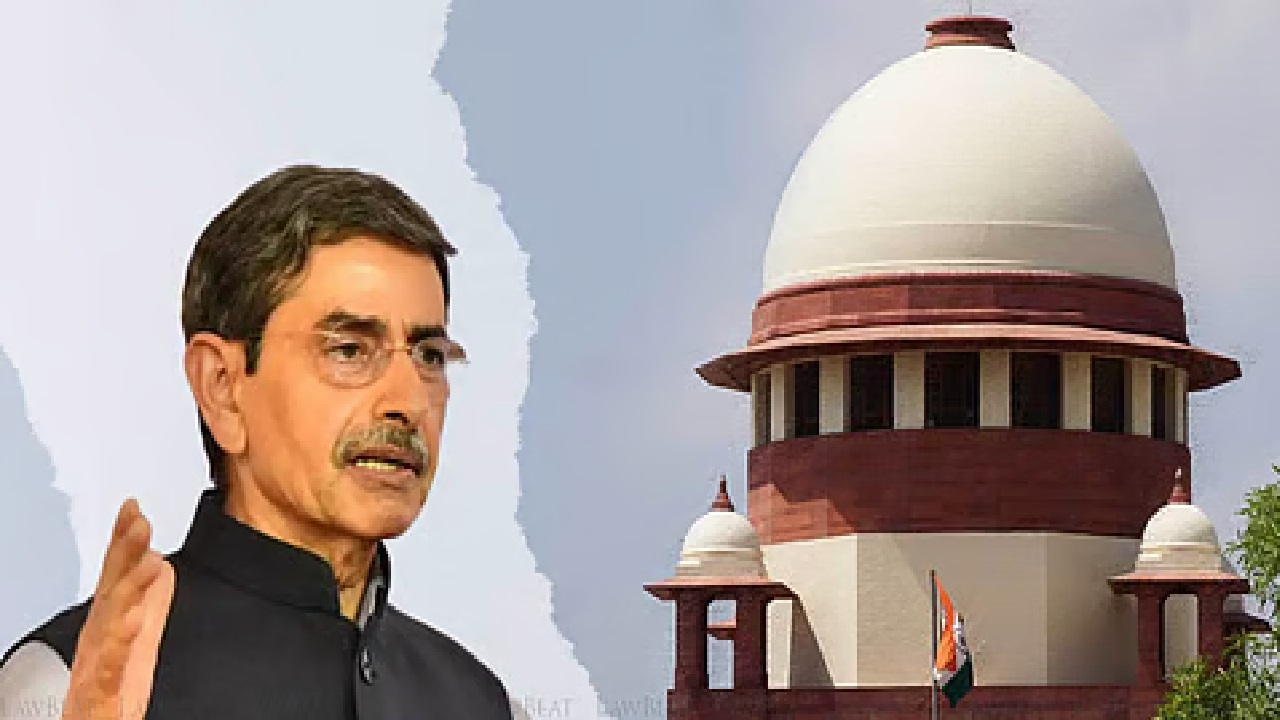A Legacy Newspaper, A Political Storm
Once a symbol of India’s fight for freedom, the National Herald has today become the centrepiece of one of the most controversial legal and political battles in the country. Established in 1938 by Jawaharlal Nehru and other stalwarts of the Indian freedom movement, the newspaper was meant to be the voice of liberal ideals and nationalist sentiment. Published by the Associated Journals Ltd. (AJL), it held a special place in India’s post-Independence media ecosystem.
However, in a dramatic turn of events that began surfacing around 2012, allegations of financial irregularities involving the Gandhi family transformed the National Herald from a legacy institution into a symbol of political scandal. The crux of the case revolves around Young Indian Ltd., a company allegedly used by top Congress leaders to acquire vast properties held by AJL—properties said to be worth over ₹2,000 crore—for a pittance.
Bansuri Swaraj’s Political Message: A Bag that Spoke Volumes
At the latest Joint Parliamentary Committee (JPC) meeting on ‘One Nation, One Election’, BJP MP Bansuri Swaraj made a pointed political statement without uttering a word—by arriving with a bag emblazoned with the words “National Herald Ki Loot.”
The symbolism was hard to miss. In front of cameras and committee members, Swaraj used the platform to renew the BJP’s attack on the Congress party, specifically the Gandhi family. In her remarks, she accused Congress of misusing institutions once meant for public service and claimed that media, the fourth pillar of democracy, had been compromised through financial corruption in this case.
The Core Allegations: Loot Disguised as Legacy
The Enforcement Directorate (ED) recently escalated the matter by filing a chargesheet against Sonia Gandhi and Rahul Gandhi, naming them as accused number one and two respectively. The case accuses the Congress leadership of laundering nearly ₹988 crore under various provisions of the Prevention of Money Laundering Act (PMLA).
According to the ED and BJP’s primary accuser, Subramanian Swamy, the chain of events began when Congress gave interest-free loans to AJL, which had stopped publishing the National Herald in 2008 due to debts over ₹90 crore. Later, those loans were allegedly transferred to Young Indian, a company in which Sonia and Rahul Gandhi held over 75% stake. The claim is that through this transaction, they took indirect control of AJL’s vast real estate holdings—originally intended for journalistic and public service purposes—turning them into de facto private assets.
The BJP maintains that this represents not just financial misconduct but a betrayal of public trust and misuse of political power.
A Deeper Crisis: When Power and Legacy Collide
At the heart of the National Herald case is a larger debate about accountability in Indian politics. Critics argue that the Congress party leveraged its historical legacy and institutional access to obscure questionable financial arrangements. Defenders within the party, meanwhile, label the case as politically motivated and part of a wider campaign to target opposition leadership.
Still, what makes this case stand out is its intersection of legacy, law, and leadership. The National Herald—a paper once steered by freedom fighters—is now entangled in a courtroom narrative about embezzlement, corruption, and asset laundering.
Legacy Must Not Be a License
As Bansuri Swaraj’s bold accessory reminds us, political memory is long, and the battle over the National Herald is far from over. Whether the legal system proves guilt or not, the case underscores a powerful truth: No legacy, however storied, should shield individuals from scrutiny.
In a democracy, transparency must walk hand in hand with tradition. And when institutions are repurposed for personal gain, it is not just financial capital that is lost—but the moral capital on which public service is built.
(With inputs from agencies)








